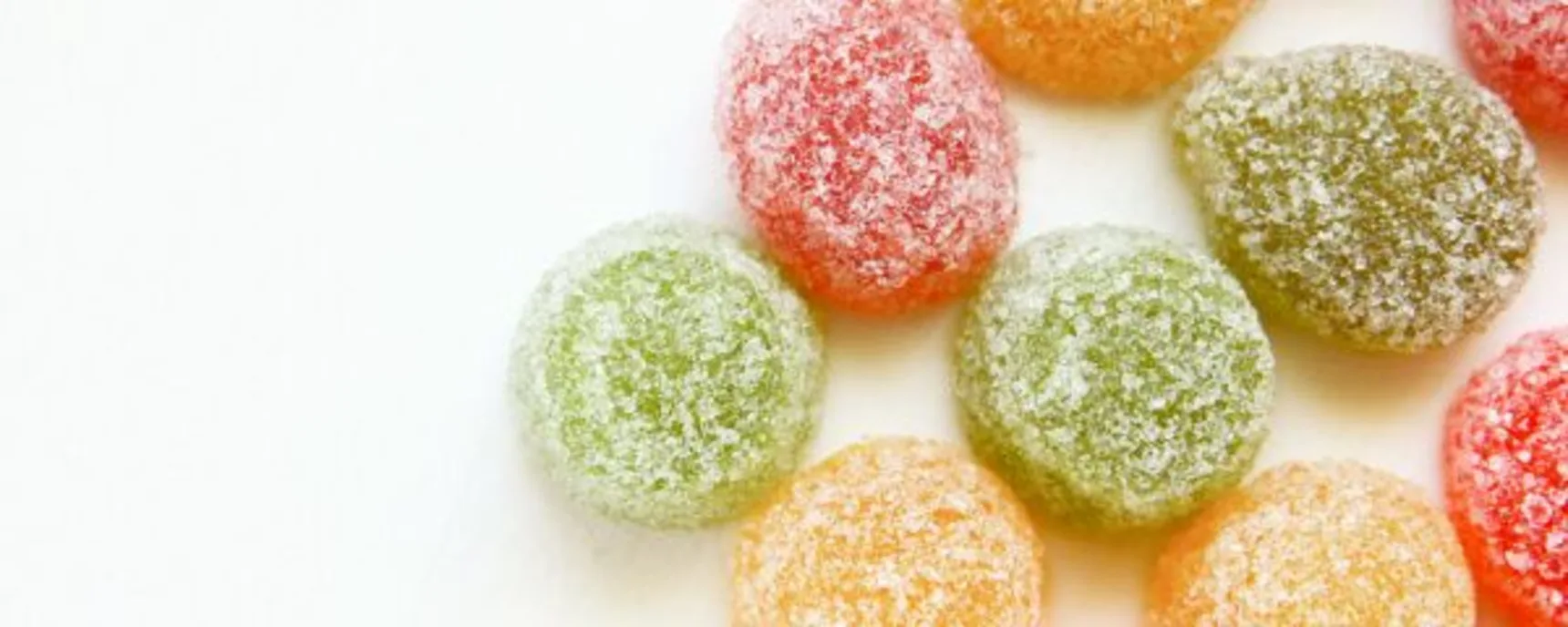NutriScience Innovations
Shoden® Ashwagandha
Ingredient Name: Ashwagandha Extract
Functions: Supplement, Supplement, Supplement
Animal Species: Cats, Pets, Dogs
Ingredient Origin: Natural Origin, Plant Origin
Function: Stress Reduction, Sleep Quality, SupplementBenefits: Sleep Quality, Sports Performance, Testosterone, Vitality, Immune Health, Mood Support, Stress Reduction, Cognitive Health, Fatigue, Beauty from Within, Energy & Focus, Men’s Health, Calming & SleepApplications: Dietary Supplements, Functional Foods & Beverages, Animal Health, Sleep Support Products, Stress Support Products, Immune Health Support Products, Sports & Performance Nutrition Products, Creams & TopicalsShoden® Ashwagandha, Withania somnifera, is an adaptogen. Adaptogens mimic the body’s own stress-reducing hormones and increase the body’s ability to recover from stress while creating an overall feeling of balance and normalization. Shoden® is the perfect ingredient for the “new normal” where emotional wellbeing has become a primary concern. Sustainability and traceability are important. Shoden® Ashwagandha has a great story of sustainable farming and supporting the communities surrounding the farms.































































